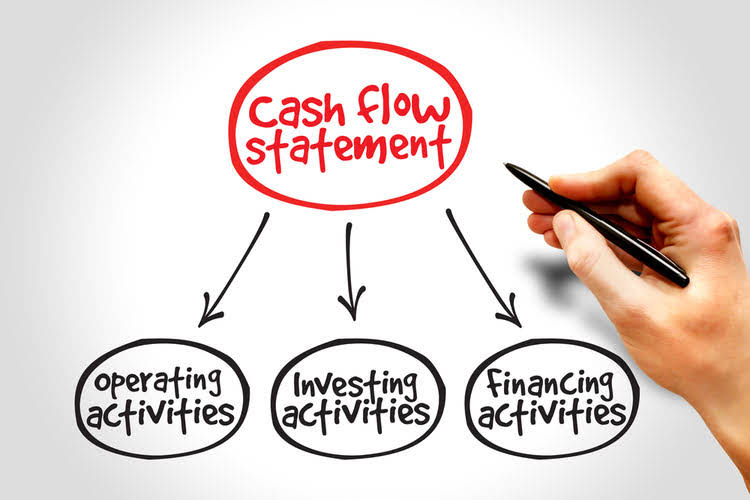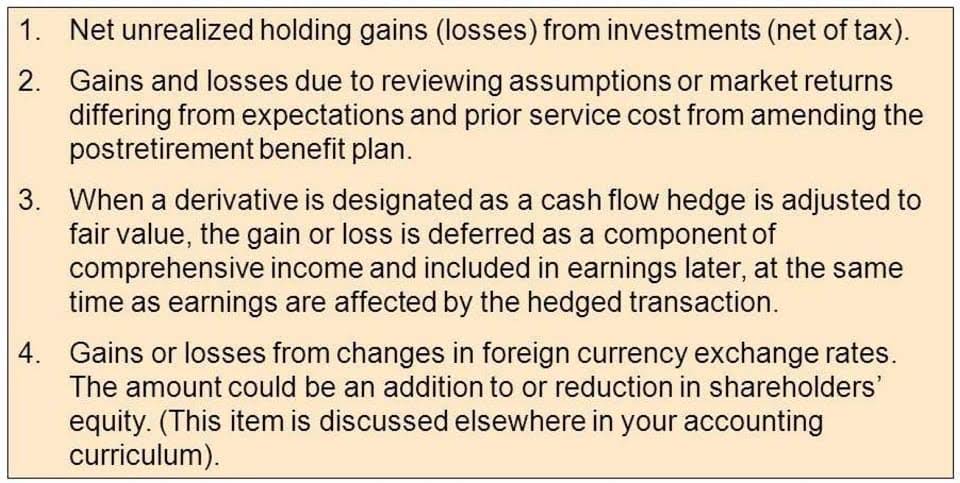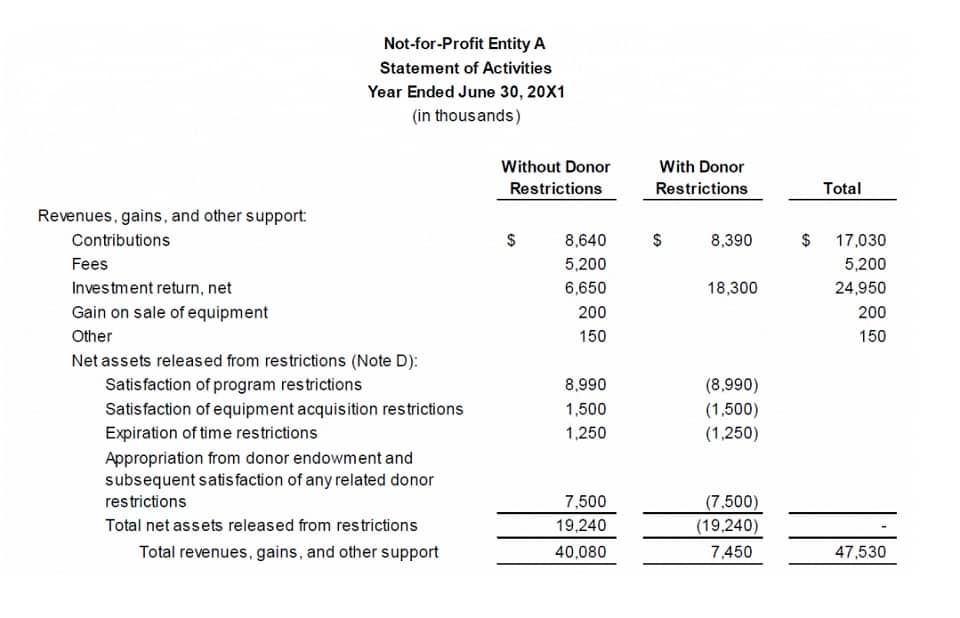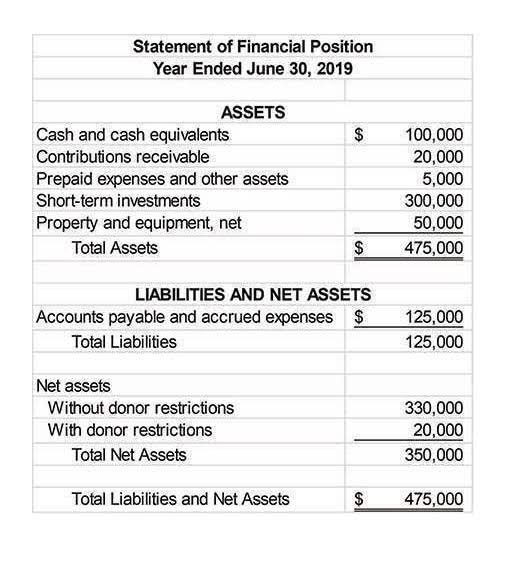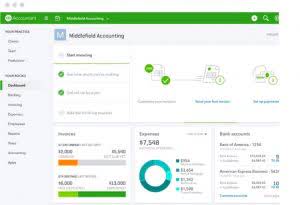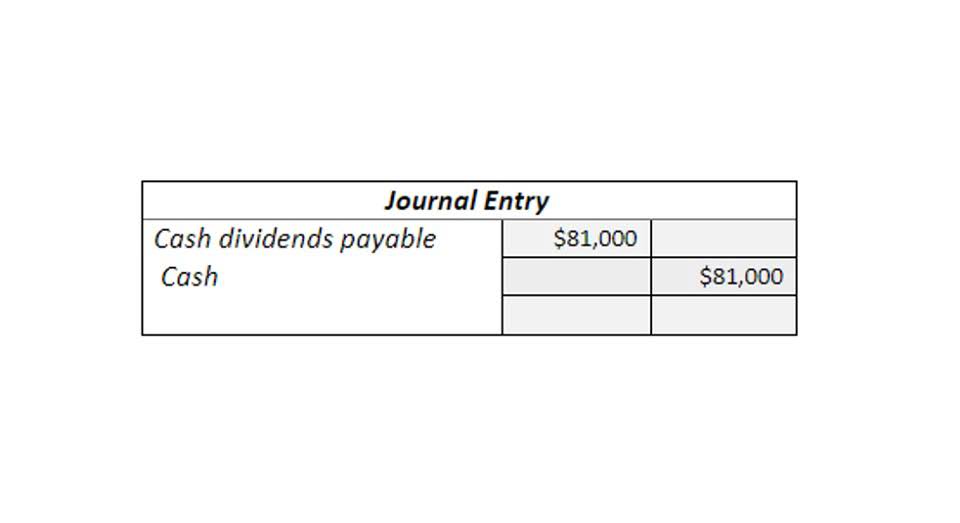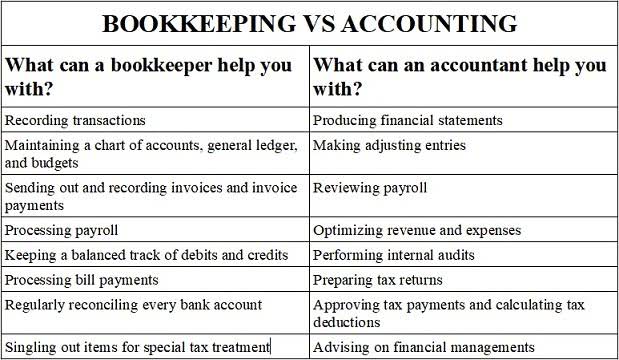
PSPs play an important role in enabling electronic payment transactions between businesses and customers. They provide a range of services to ensure secure, efficient, and integrated payment processing. The rapid growth Bookstime of ecommerce and digital payments has transformed the way businesses and customers interact. Digital payments are expected to account for nearly $11.5 trillion in transactions in 2024. Most PSPs will negotiate lower fees when you reach around $250,000 in annual processing volume.
- We’ve shared a fair amount of food for thought in this post, and ultimately, it’s up to each merchant owner to decide if a payment service provider is right.
- Walmart told Spark Drivers that they were required to use Branch to get paid and that they would terminate workers who did not want to use these accounts.
- These payment mechanisms meet consumer demand more effectively at a lower cost than traditional networks.
- Expanding into Buy-Now-Pay-Later, cryptocurrency, and cross-border payments, PSPs now offer enhanced support for global transactions, instant currency conversion, and automated compliance.
- Here are a few key reasons to size up our payment network solutions — so you can discover what’s right for your business.
Support
- They enable merchants to receive direct debit or credit card payments by providing a solid connection to an acquiring bank.
- P2Ps enable instant person-to-person payments by entering a payee’s email address or phone number into a mobile app.
- NerdWallet is not a client of Atomic Invest, but our engagement with Atomic invest gives us an incentive to refer you to Atomic Invest instead of another investment adviser.
- This means merchants can handle an entire payment from start to finish with a single integration.
- Strong PSP will have tools in place that will help to combat the fraud and identify the fraudulent transaction before the request has even been transferred to a credit card company.
Create your free GoCardless account, access your user-friendly payments dashboard & connect your accounting software (if you use one). Possible hidden fees to keep an eye out for include statement fees, monthly minimums, monthly fees, chargebacks, international payments, terminal fees, gateway fees, and early termination fees. The main advantage is that they handle all the payment tasks, letting you focus on your main business without stressing about payment infrastructure. A payment system operator (PSO) oversees and manages a payment system, ensuring its efficiency, reliability, security, and compliance with regulations. That said, it oversees the entire process, from the payment initiated by the customer to the reception by the business.
How a PSP Benefits Your Business

Merchants can maintain brand consistency by customizing payment pages with their logo and color scheme. Look for PSPs offering detailed transaction insights, customer behavior analysis, and real-time payment tracking. These tools prove invaluable for understanding payment patterns and optimizing your payment strategy.

Processing Payments
The vetting process for each merchant is much more thorough in the merchant account model because the provider is dealing with the merchant directly. This typically includes credit checks and a more thorough look at the business’s cash flow and history. Much of the customer vetting is done after the signup, however, which can take some businesses by surprise. PSPs such as Stripe allow payment processing to begin immediately but hold the business’s funds for about two weeks to complete the vetting process. An acquiring bank is a registered member of a card network, like Visa or American Express, that accepts transactions on behalf of those networks for merchants.

How does a payment service provider work?
But at Primer, we’ve invested a lot in contra asset account making our dashboards, monitors, and platform as easy to use as possible. A key benefit of using a payment orchestrator is quickly integrating with a new processor without the development effort. We’ve already integrated with the world’s leading PSPs and top local acquirers, allowing you to use the services of new PSPs in just a few clicks—rather than months of development effort.
- Failure to provide such notice, or failure to include in the notice language acceptable to CMS, could result in false claims and overpayments due to noncompliance with the provider-based rule.
- PSPs implement multiple layers of security, starting with mandatory PCI DSS compliance to protect sensitive card data.
- It’s a low-cost solution for hybrid businesses that want to sell goods and/or services both in-person and online.
- The PSP is a data aggregator that sends all transaction information via a payment gateway to the payment processor used by your acquiring bank.
- To help support you on your journey, we have additional resources, including our full guide to third-party payment processors, which goes into more detail.
- They enable businesses to accept a wide range of payment methods, including credit cards, debit cards, digital wallets, and bank transfers, through a single platform or integration.

Visa Platform Connect is the simple way to access acquirers — providing a connection into the Visa Acceptance Platform, so you’re up and running on our network. With speedier routes to market, it’s less regulation, more innovation — so you get to stay ahead of the competition and deliver the payment solutions of the future. payment service provider Additionally, PSPs can offer business and personal financial management tools that enhance efficiency through forecasting, budgeting, and personalised financial recommendations. Distributed Ledger Technology (DLT), an emerging technology, could facilitate a further shift.



